-
chevron_right
Nhentai Operators Ordered to Expose Themselves in U.S. Copyright Lawsuit
news.movim.eu / TorrentFreak • 15 April • 4 minutes
 With an estimated 240 million visits during the first three months of the year, Nhentai is one of the most trafficked websites online today.
With an estimated 240 million visits during the first three months of the year, Nhentai is one of the most trafficked websites online today.
The site serves adult-oriented anime and manga, also known as hentai. These spicy Japanese comics are popular worldwide but not everyone is happy with Nhentai or its massive audience. Some rightsholders consider the site a deviant pirate operation.
California-based rightsholder PCR Distributing, which operates under brands including J18 and JAST USA, initiated action against nHentai last summer, describing the site as a significant threat to its business.
PCR initially requested a DMCA subpoena asking Cloudflare to unmask the people behind the site, claiming that they failed to process takedown notices. These subpoena requests are typically straightforward, but not in this case, as Nhentai decided to intervene in court.
Nhentai Sued by Publisher for Widespread Piracy
Facing opposition, PCR swiftly dropped the subpoena request and filed a full complaint against the site’s operators in a California federal court instead. According to the publisher, Nhentai shares copyrighted material without obtaining permission.
“[Nhentai] hosts a vast collection of hentai works, including commercially produced content, much of which, based on information and belief, is shared without proper authorization from the owners,” the complaint alleged.
Nhentai’s initial opposition, in which it countered that it had been granted permission to share content, already indicated that the site had no plans to leave these allegations uncontested. And indeed, Nhentai responded to the lawsuit and actively fought back.
Nhentai Seeks Dismissal and Anonymity
In January, Nhentai asked the court to dismiss the lawsuit in its entirety. The anonymous operators said there were several grounds for the court to end the lawsuit prematurely, including insufficient copyright registrations.
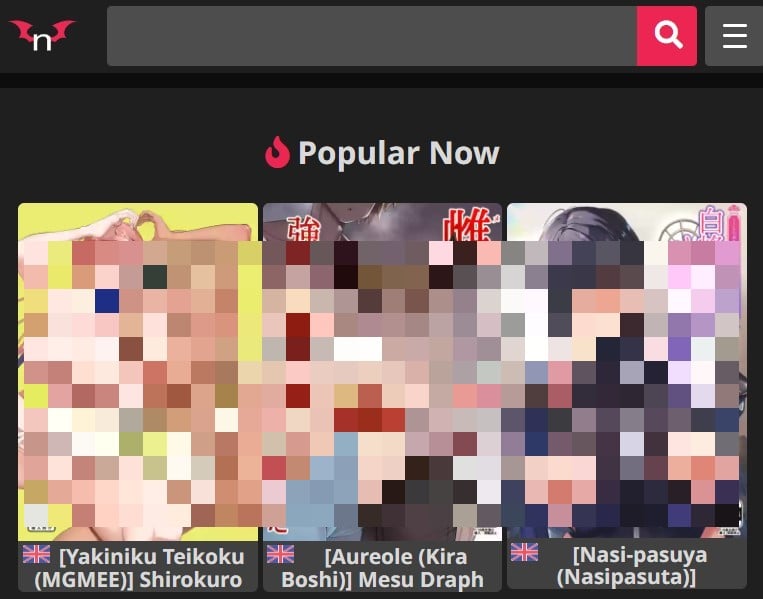
In addition, Nhentai requested a protective order to proceed in the case anonymously, at least in the early stages. Keeping personal details out of public filings, but available to the opposing attorneys, would shield them from potential retribution.
“The specific harm and prejudice to Nhentai.net is that the Plaintiff in this matter has shown particular animus toward Nhentai.net and even its counsel and taken public action accordingly,” Nhentai’s attorney wrote.
“In truth, this case has nothing to do with copyright infringement, but rather appears to be a money grab and an attempt to take over the entire domain www.nhentai.net based on knowingly meritless claims,” the defense added.
Nhentai Operators Ordered to Unveil Themselves
Nhentai’s operators asked the court to keep their personal details private, at least until the motion to dismiss had been decided. In February, however, U.S. Magistrate Judge Joel Richlin decided otherwise.
The defendants failed to provide sufficient evidence that they would be harmed by being named, the Magistrate Judge concluded. The order further noted that there’s a public interest in knowing who the operators of this popular site are.
“The focus of this case is a publicly available website alleged to receive around 79.38 million monthly visitors from the United States and around the world. Thus, the Court easily concludes that the public has a strong interest in knowing the identity of the corporate entity that operates this website and is appearing in federal court,” Judge Richlin wrote.
Nhentai objected to the ruling, but after the matter was referred to California District Court Judge Cynthia Valenzuela, the Judge arrived at the same conclusion.
“Overall, Defendant has made no showing that it is entitled to keep its identity hidden from the parties to the action, this Court, or the public, let alone a showing that the Magistrate Judge Order was clearly erroneous or contrary to law,” Judge Valenzuela wrote in her decision last week.
Dismissal Denied, Case Continues
In addition to denying the protective order, Judge Valenzuela also denied Nhentai’s motion to dismiss the copyright infringement claims.
Judge Valenzuela notes that PCR sufficiently pled that it owns valid copyrights that are being infringed by the defendant. While there may be potential shortcomings in the pleading, they don’t warrant a dismissal at this stage.
This means that the case will now move forward with all copyright infringement claims intact.
Jason Tucker, president of anti-piracy outfit Battleship Stance , which helps PCR and other companies with their legal strategies, is pleased with the outcome. He says it confirms that the defendants in these cases can’t remain anonymous.
“These rulings send a clear message: you don’t get to profit from other people’s work and stay hidden in the process. I’m glad the Court recognized that this case is about holding people accountable when they build businesses off someone else’s content.”
“That’s one of the few ways we can protect creative work and the people who make it. We’re still in the early stages, but it’s a meaningful step forward,” Tucker adds.
Both the motion to dismiss and the motion for a protective order were decided on the April 8th. The court ordered Nhentai to file a status report, disclosing the names of all defendants within three business days. A week has now passed, and as of today, no defendants appear to have been publicly named in court filings.

—
A copy of Judge Cynthia Valenzuela’s order denying the motion to dismiss and the motion to strike is available here (pdf) . The order denying the motion for a protective order can be found here (pdf)
From: TF , for the latest news on copyright battles, piracy and more.

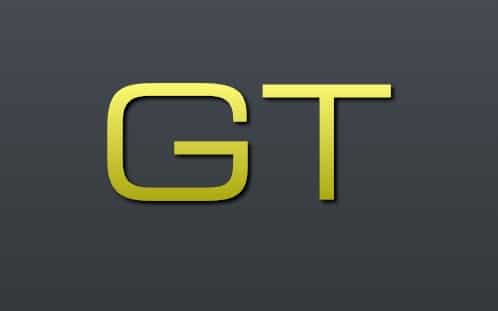 Adult entertainment company Flava Works specializes in gay media, mostly pornographic films and magazines featuring Black and Latino men.
Adult entertainment company Flava Works specializes in gay media, mostly pornographic films and magazines featuring Black and Latino men.
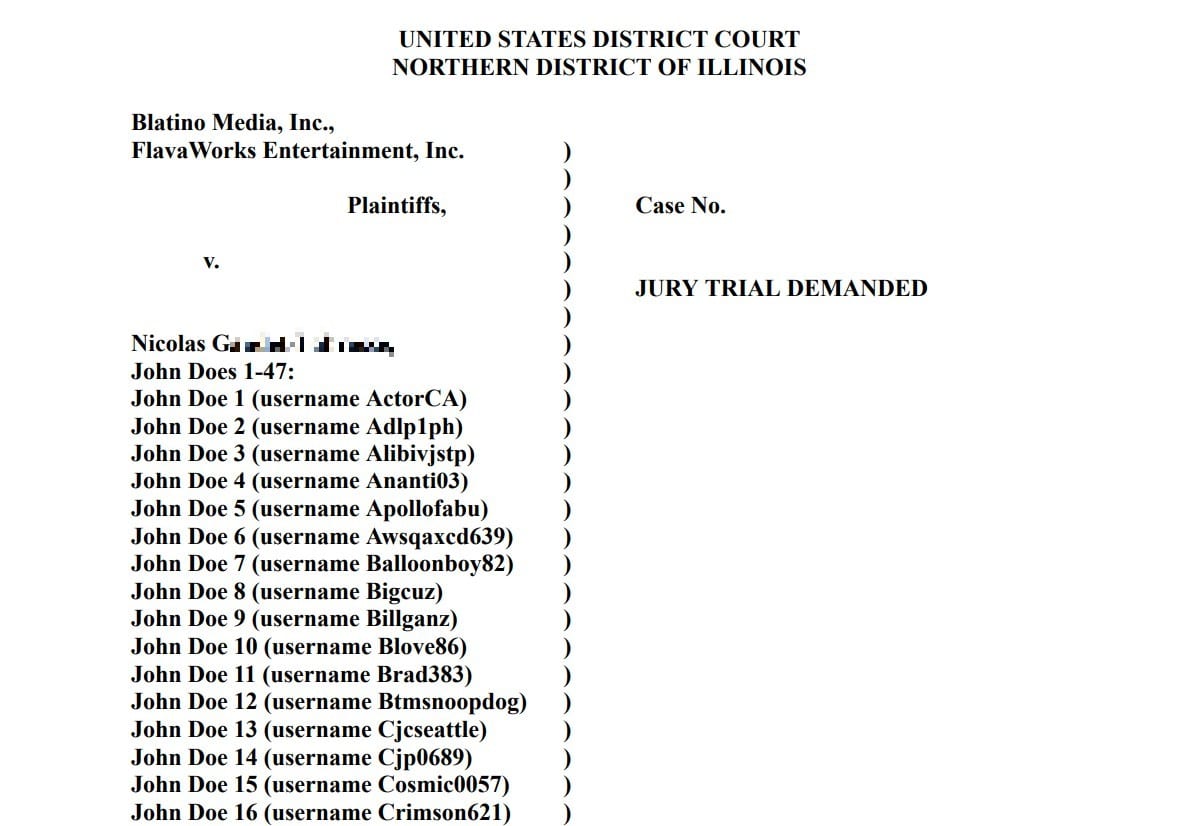

 The
The

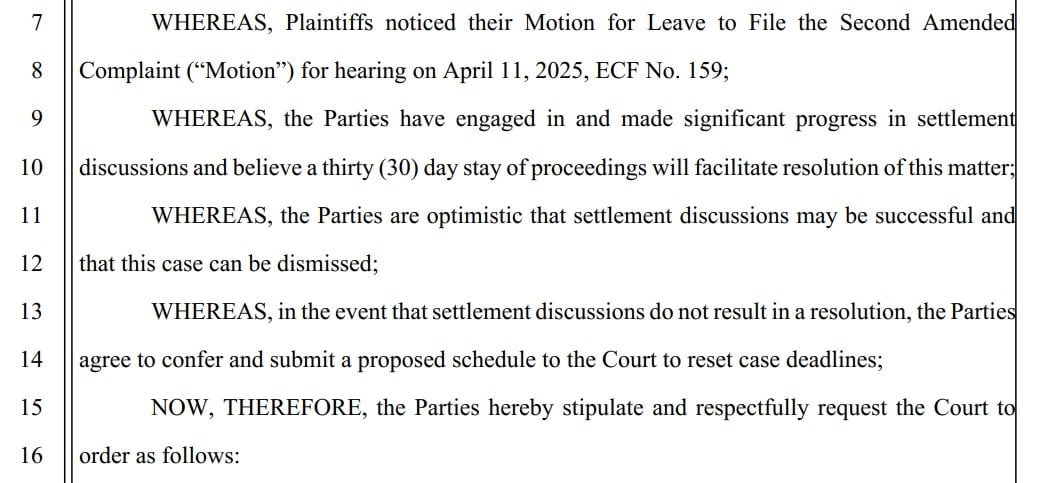
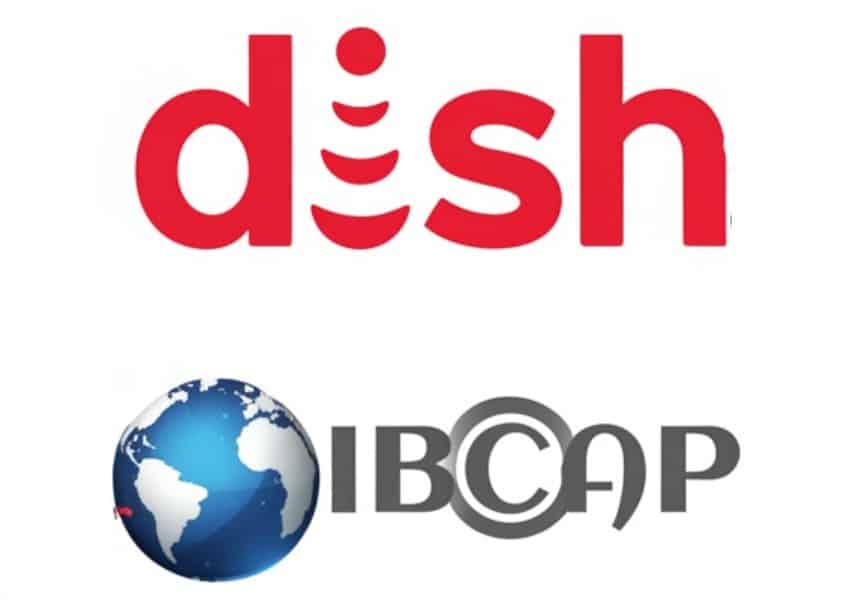 With the continued growth of pirate IPTV services in recent years, TV broadcasters and distributors have been ramping up their anti-piracy efforts.
With the continued growth of pirate IPTV services in recent years, TV broadcasters and distributors have been ramping up their anti-piracy efforts.



 As the most prolific copyright litigant in the United States, adult entertainment company Strike 3 Holdings has filed
As the most prolific copyright litigant in the United States, adult entertainment company Strike 3 Holdings has filed
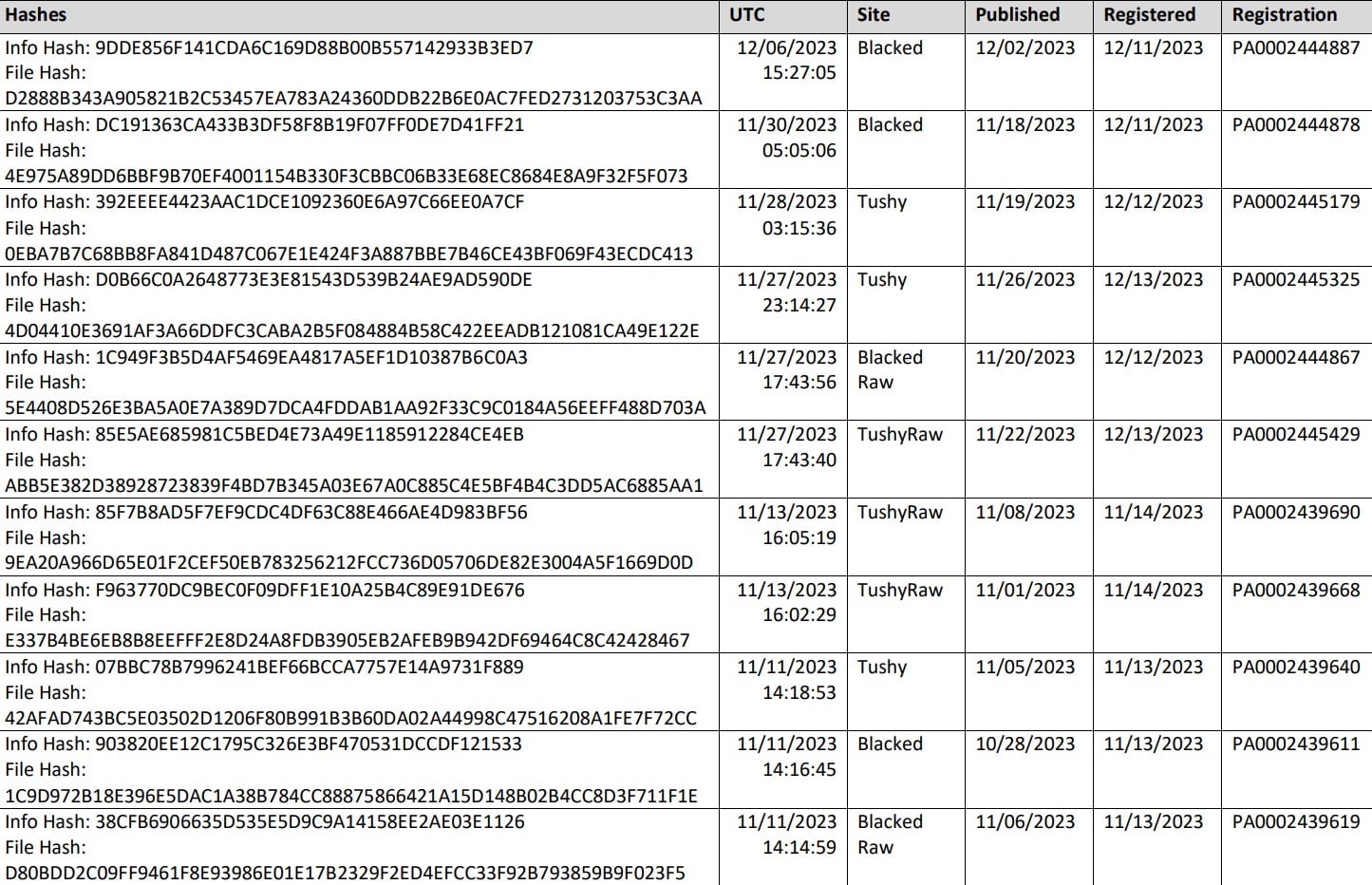
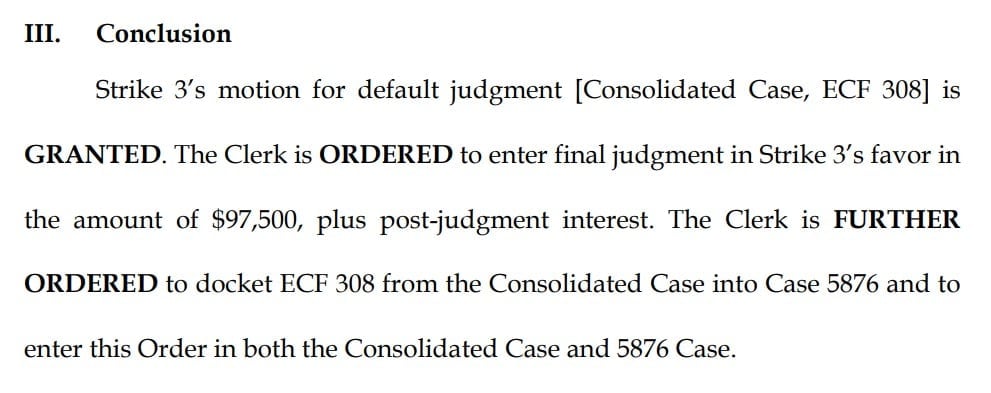
 Lawsuits filed to address infringement can also play a key role as part of a wider deterrent messaging campaign. In the online arena inhabited by millions of pirates, dual-purpose lawsuits are especially common.
Lawsuits filed to address infringement can also play a key role as part of a wider deterrent messaging campaign. In the online arena inhabited by millions of pirates, dual-purpose lawsuits are especially common.


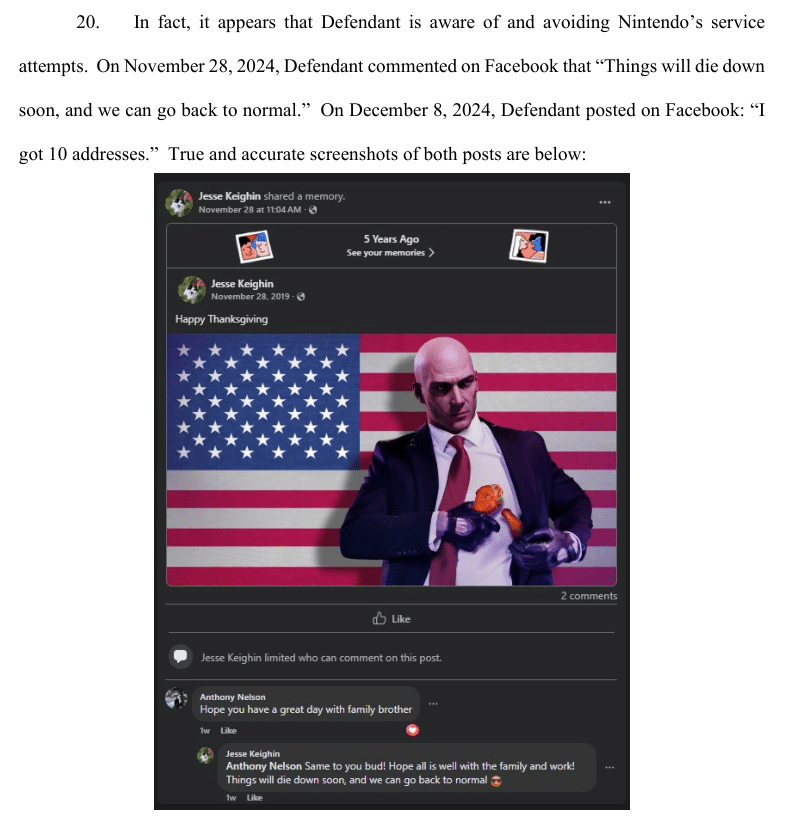
 Nearly a decade ago, the US Navy was
Nearly a decade ago, the US Navy was

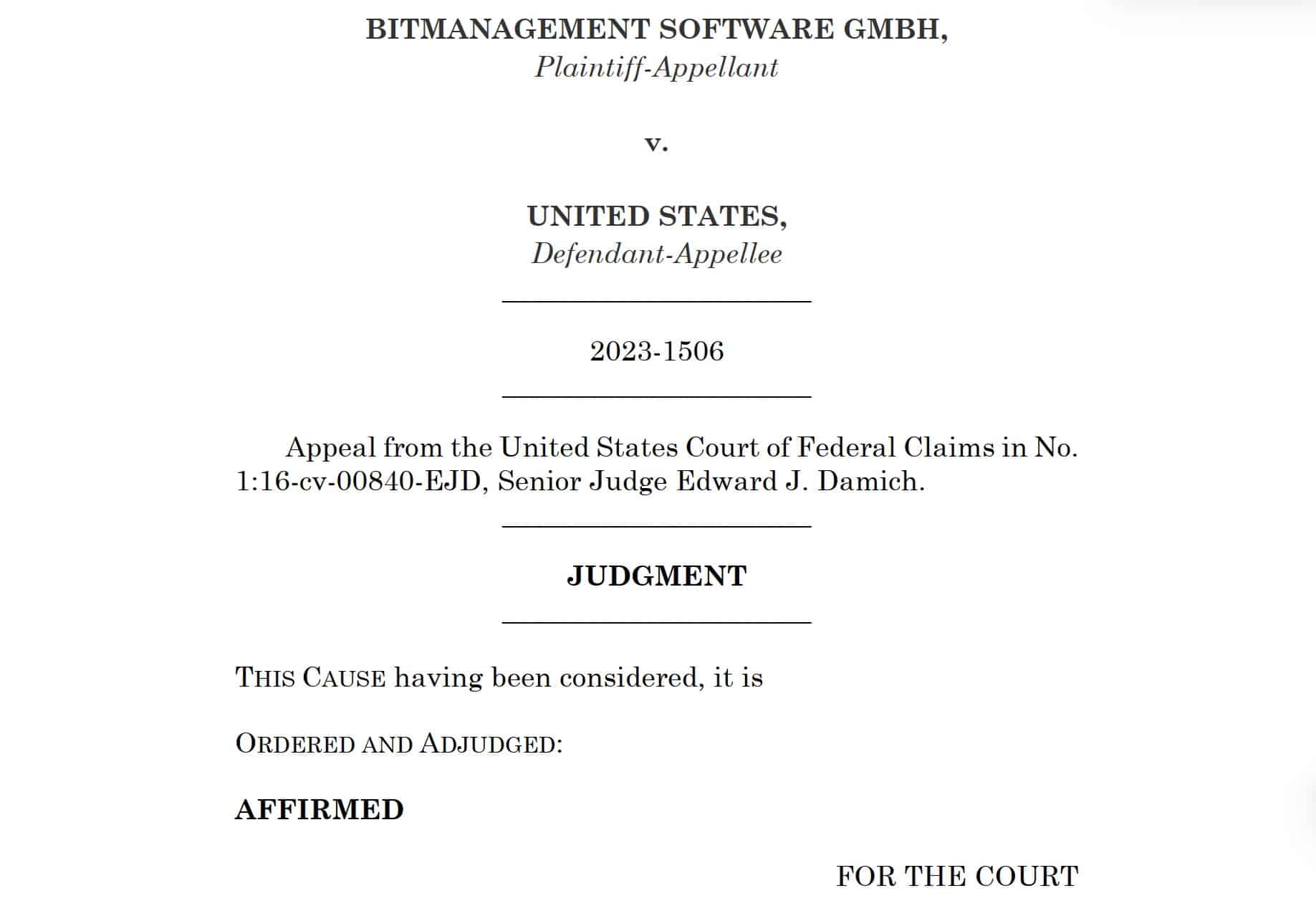
 File-hosting platform 1fichier.com appeared around 2009 and since then has seen no shortage of copyright complaints.
File-hosting platform 1fichier.com appeared around 2009 and since then has seen no shortage of copyright complaints.


 Reddit has gone head-to-head with a group of filmmakers over the past two years, aiming to protect the privacy of its users.
Reddit has gone head-to-head with a group of filmmakers over the past two years, aiming to protect the privacy of its users.

